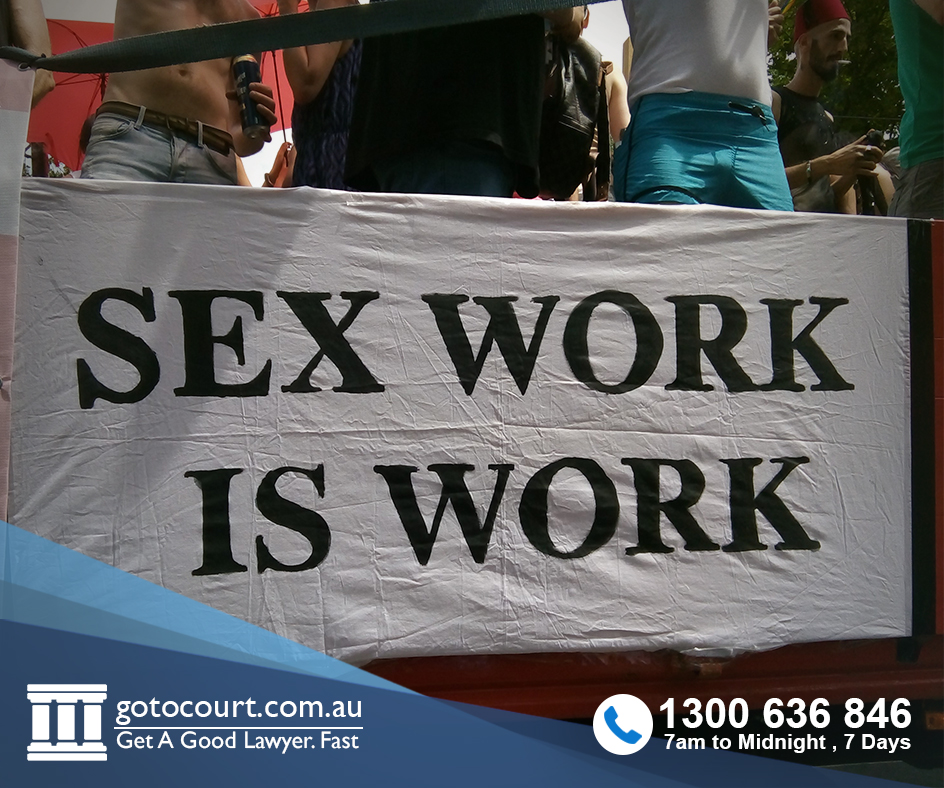Workplace Discrimination in the ACT
Workplace Discrimination in the ACT
ACT workers are covered by the anti-discrimination provisions contained in both territory and federal legislation. The Discrimination Act 1991 and Human Rights Commission Act 2005 contain provisions relating to workplace discrimination in the ACT. However, all ACT workers are also covered by the federal Fair Work Act 2009. This page deals with workplace discrimination in the ACT.
What is discrimination?
Discrimination is the less favourable treatment of a person based on an attribute such as race or sex. Discrimination is prohibited under international law, under federal law and under state and territory law.
The attributes upon which it is unlawful to discriminate vary somewhat between different states and territories; however, the bases on which it is unlawful to discriminate are similar across all Australian jurisdictions. Sex, age, pregnancy, religion, race, disability, gender identity, parental or carer’s status, political conviction and industrial activity are all attributes that are protected in the Anti-Discrimination Act and reflected in legislation in other states and territories.
Discrimination Act 1991
In the ACT, section 7 of the Discrimination Act 1991 prohibits discrimination on the basis of race, religion, sex, disability and other attributes. It also prohibits discrimination based on profession, trade, occupation or calling.
The Act defines discrimination as occurring where:
- a person treats or proposes to treat a person unfavourably based on a particular attribute (direct discrimination);
- a person imposes or proposes to impose a condition or requirement on someone with which that person can’t comply due to their particular attribute (indirect discrimination).
Discrimination may occur:
- where a person had a particular attribute in the past, but do not have it any longer
- where a person is presumed to have a particular attribute
- where a person is presumed to have a characteristic because they have or are presumed to have an attribute. For example, the need to frequently express milk is a characteristic that is presumed of women who have been pregnant and may be breastfeeding.
Workplace discrimination in the ACT
Under the Discrimination Act 1991, discrimination is unlawful against employees, in partnerships, against contract workers and against commission workers. It is unlawful when determining who should be offered a contract of employment or a contract for services, and when determining the terms and conditions offered.
Discriminatory conduct may occur in the workplace or at work-related events and functions, including site trips or during travel.
Complaining under the Discrimination Act 1991
A person who experiences workplace discrimination in the ACT may complain to the ACT Human Rights Commission.
The complaint will be allocated to the Discrimination Commissioner, who may consider the complaint, refer the complaint for conciliation between the parties, dismiss the complaint or refer the complaint to the ACT Civil and Administrative Tribunal. If a complaint is dismissed, the complainant has 60 days to request that the matter be referred to ACAT.
Discrimination under the Fair Work Act
The Fair Work Act 2009 also covers all ACT employees.
Section 351 of the Fair Work Act 2009 prohibits employees from taking adverse action against an employee or prospective employee because of their race, sex, colour, age, religion, sexual orientation, disability, marital status, pregnancy, political opinion, family or carer’s responsibilities, national extraction or social origin.
However, discriminatory conduct is not unlawful if:
- the action is taken because of the inherent requirements of the position
- the action is taken by a religious institution in accordance with its religious belief and in good faith
Complaining to the Australian Human Rights Commission
A person who is discriminated against under the Fair Work Act 2009 may complaint the Australian Human Rights Commission (AHRC).
When a complaint of workplace discrimination is received by the AHRC, the Commission will inform the other party of the allegations and give them the opportunity to respond. If it is appropriate, the matter may be referred for conciliation between the parties.
If a complaint cannot be resolved at conciliation, the matter is terminated. The complainant then has 60 days to apply to the Federal Court or the Federal Circuit and Family Court of Australia if they wish to do so.
If you require legal advice or representation in any legal matter, please contact Go To Court Lawyers.

Affordable Lawyers
Our Go To Court Lawyers will assist you in all areas of law. We specialise in providing legal advice urgently – at the time when you need it most. If you need a lawyer right now, today, we can help you – no matter where you are in Australia.How It Works




1. You speak directly to a lawyer
When you call the Go To Court Legal Hotline, you will be connected directly to a lawyer, every time.

2. Get your legal situation assessed
We determine the best way forward in your legal matter, free of charge. If you want to go ahead and book a face-to-face appointment, we will connect you with a specialist in your local area.

3. We arrange everything as needed
If you want to go ahead and book a fact-to-face appointment, we will connect you with a specialist in your local area no matter where you are and even at very short notice.












